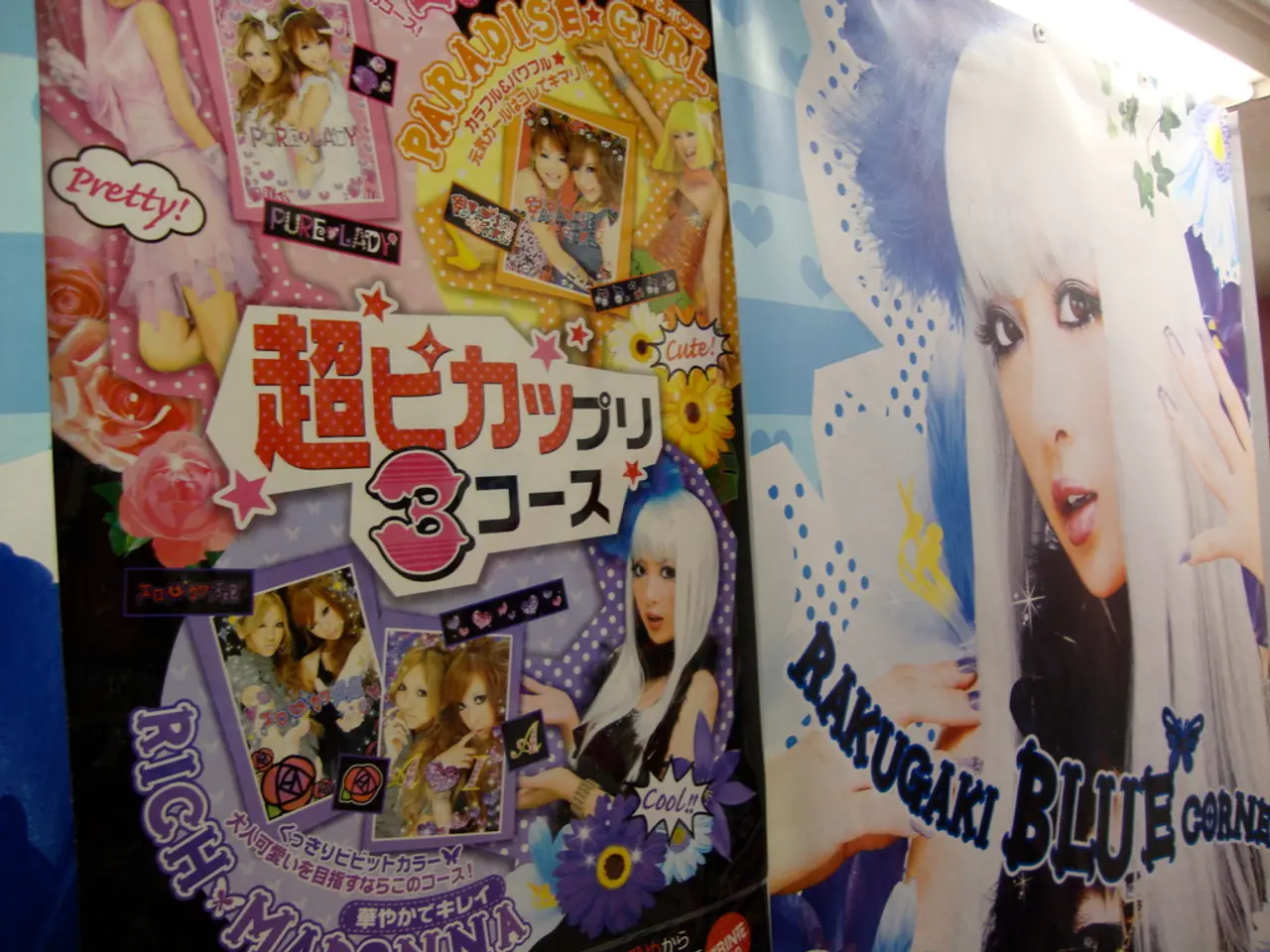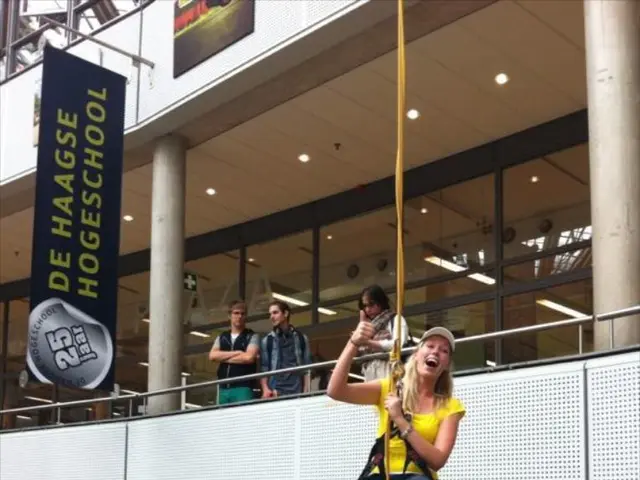1973 Pierburg Strike: Women, Migrants Win Wage Boost and Solidarity
In August 1973, a strike began at the Pierburg plant in Neuss. Initially, around 200 to 300 workers, mostly women and migrants, demanded better wages. Despite initial lack of union support, the strike grew and gained notable backing from artists and workers from other cities.
The strike started on August 13, with participants calling for 'One mark more!' Despite the initial absence of union support, the movement grew to hundreds of people, including men, women, migrants, and Germans. Artists like Joseph Beuys and workers from other cities showed solidarity.
After several days of negotiation, employers offered a 53 to 65 Pfennig wage increase and abolished the 'light work group 2'. This group was intended for work with 'low physical exertion', but the women at Pierburg did the same work as men. The predominantly female workforce, mostly migrant women from various European countries, welcomed this change.
The strike was notable for the solidarity shown by male workers towards their female colleagues, which was rare in Germany at the time. However, the police used force to disperse the strikers, with one officer making racist insults.
The strike ended successfully, with the 'light work group 2' abolished nationwide. The predominantly female, migrant workforce at Pierburg saw improved wages and working conditions. Despite police intervention, the strike highlighted the power of collective action and solidarity among workers.






